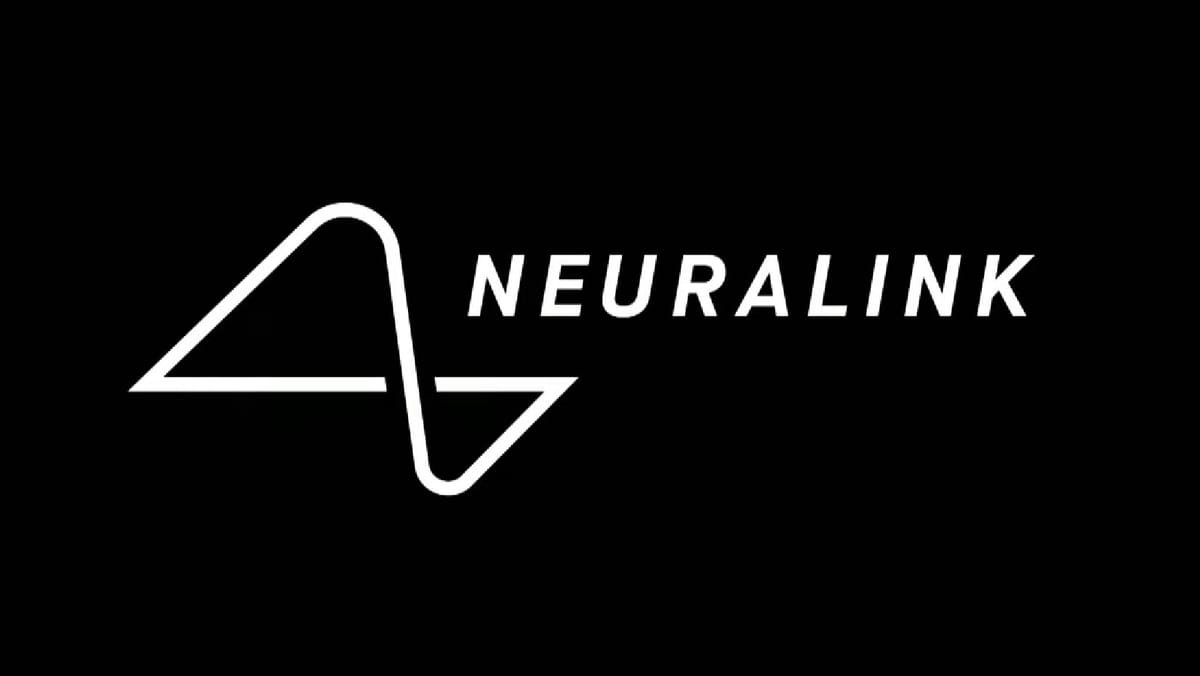Elon Musk Reveals Neuralink Patient Controls Computer Mouse Through Thought
Last month, Neuralink successfully implanted its brain-computer interface chip in a human patient after receiving approval for human trial recruitment in September.

Elon Musk, the visionary behind Neuralink, revealed an extraordinary development, the first human implanted with a Neuralink brain-chip has demonstrated full recovery and is now capable of controlling a computer mouse solely through their thoughts. Musk shared this groundbreaking news during a recent Spaces event on the social media platform X.
During a Spaces session on the social media platform X, Musk shared the exciting news, stating that the patient implanted with Neuralink's brain technology has achieved full recovery without any adverse effects. The individual is capable of manipulating the computer mouse solely through their thoughts, effectively moving it around the screen with precision.
Neuralink, which performed its first human implantation in January, utilizes advanced robotics for precise brain implantation procedures. Musk emphasized the company's goal of maximizing the functionality achievable through neural signals, aiming to enable tasks such as controlling the computer mouse and dragging objects on the screen through thought alone.
The study employs advanced robotics to precisely place the brain-computer interface implant in the brain region responsible for movement intentions. Initially, the goal is to empower individuals to control a computer cursor or keyboard using their thoughts alone.
Musk envisions Neuralink as a transformative force in healthcare, aiming to revolutionize the treatment of conditions such as obesity, autism, depression, and schizophrenia through rapid surgical insertion of its chip devices.
However, Neuralink has faced scrutiny over its safety protocols, with recent reports indicating fines for violations of transportation regulations. Despite these challenges, the company's groundbreaking progress offers hope for a future where neural interface technology unlocks new possibilities in healthcare and beyond.




